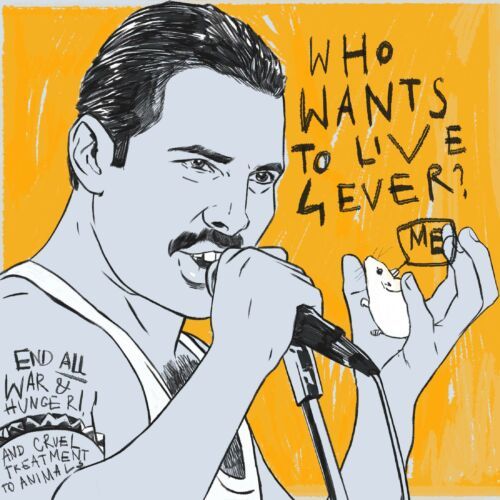Internal conflicts in Thailand, Indonesia and the Philippines
“Clan wars are what damage our communities the most,” say young men and women from the Muslim-populated Philippine island of Mindanao. Intergenerational conflict is a threat to the island’s peace and development. Clan wars, known as rido, are repeated hostilities between families and kinship groups marked by a series of retaliatory acts of violence to avenge real or perceived wrongdoing. The nearly one million young people in the Bangsamoro autonomous region are most harmed by clan wars. That’s approx. 5% of the Philippine population.
Since 2004 and the outbreak of the Muslim separatist insurgency in Thailand’s three southernmost provinces, around 7,000 civilians, soldiers, government employees, and rebels have been killed. Thai Muslims are fighting back because they believe they are considered second-class citizens. Their ethnicity, culture and language differ from the country’s Buddhist majority. The Malaysian government is assisting in the so-far unsuccessful peace talks between the rebels and Thai authorities.
The Indonesian provinces of Papua and West Papua – neighbour independent Papua New Guinea – have struggled for independence since the resource-rich region came under Indonesian control in 1969. Five years ago, the conflict escalated significantly, and independence fighters launched increasingly intense attacks. They are getting weapons more and more easily, including through raids and thefts from military posts and cross-border purchases.


























